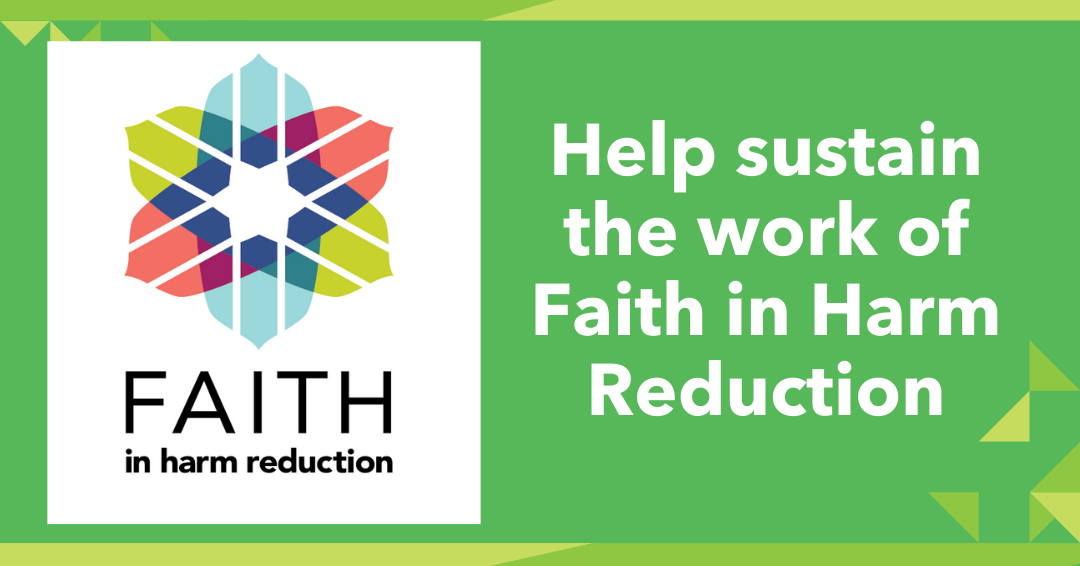A Response to New Guidelines and Priorities of the SAMHSA and the CDC
Following an executive order issued this summer, new guidelines and priorities have been laid out by the Substance Abuse and Mental Health Services Administration (SAMHSA), mirrored recently after by the CDC, that explicitly intend to both defund and delegitimize harm reduction.
The SAMHSA strategic priorities document reveals a renewed investment in the cruel tools of criminalization, institutionalization, and control - tools that we know to be ineffective in saving lives, meeting people where they’re at, supporting people’s agency, and making the world safer for everyone. Increased institutionalization, policing, and incarceration will cost more lives and livelihoods - and will inevitably escalate historical patterns of racism, classism, and ableism that are only beginning to be honestly confronted.
According to the stated principles, not only are harm reduction related efforts going to be ‘de-prioritized’ in funding, but we can expect to hear renewed talking points that deride the wisdom of people who use drugs - replacing the gifts of lived and living experience with stigma and bad science.
As SAMHSA releases their updated priorities, may we, too, update ours. Making the proclamation of harm reduction’s offerings and value clear and explicit in every relevant space, and equally escalating harm reduction values and practices into our personal lives, our communities, places of work, and across all our movements.
Let us recommit to being champions of safe consumption sites and defenders of the right to safe supplies. May we denounce the violence of de-prioritizing ‘housing first’ policies. May we be adamant against narratives or policies that force ‘recovery’ or abstinence onto individuals - especially through forced institutionalization.
Now is the time to remember the roots of our movement and draw on the legacies of those who got us this far. Choosing safety in each other and not in tools of coercion and control.
Now is the time to be loud about what makes harm reduction generative and fruitful:
It’s agency, connection, compassion, community, safe supply, non-judgment, and material support like housing, health care, and freedom from criminalization.
As the stated principles and priorities further emphasize anti-immigrant, anti-trans, anti-poverty, and coded anti-Black priorities, we, too, must commit to taking care of each other, specifically living out harm reduction’s roots in solidarity with these and other criminalized people groups.
We know that people who use drugs are a source of sacred wisdom, testifying to strategies of survival under state violence. May our values and our practices fully reflect a commitment to protecting our community and every precious life within them.


